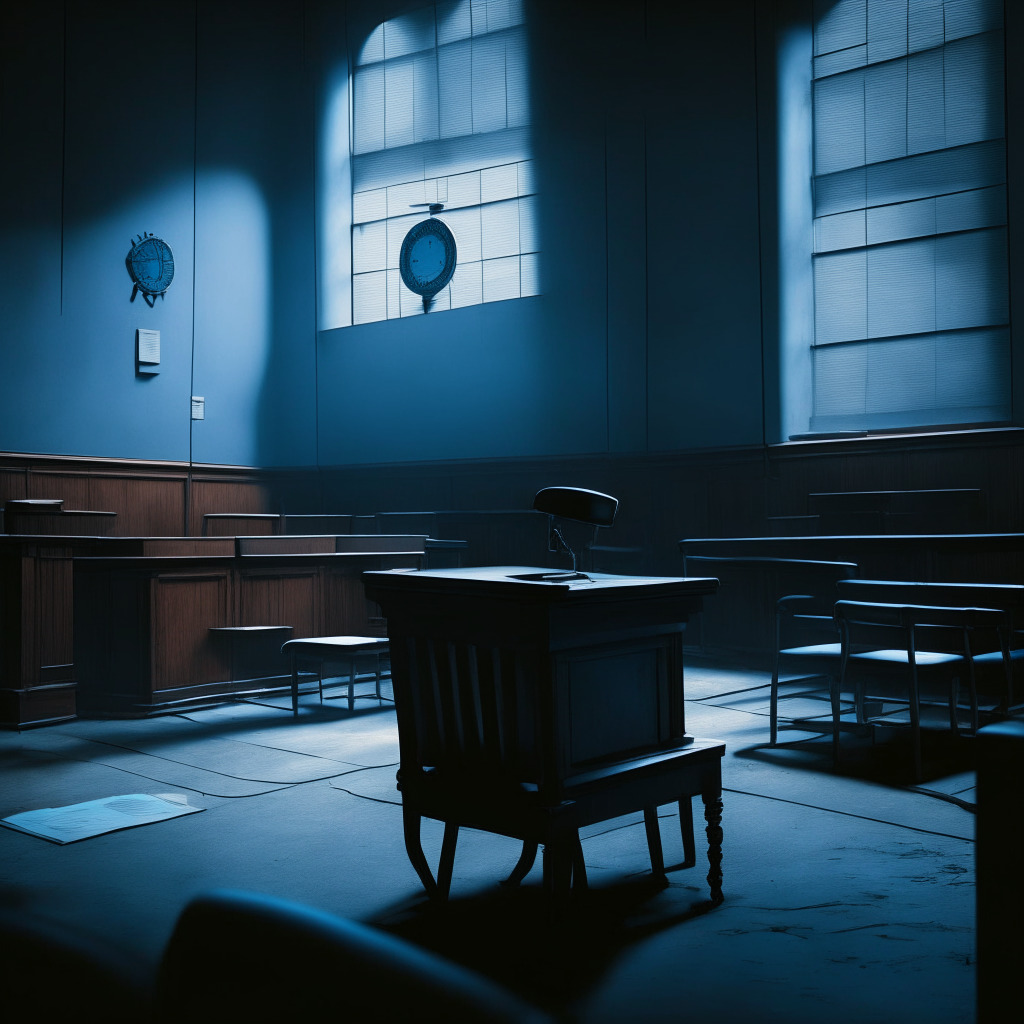In a ripple-effect twist to the case of the ex-CEO of FTX, Sam Bankman-Fried, his legal team’s recent appeal for him to be temporarily released from jail was rebuffed by the court. They ardently argued that his release was essential for effective collaboration and preparation in formulating his defense against the serious charges leveled against him. According to Christian Everdell, one of his defense attorneys, the conditions their client faces in the Brooklyn jail make it challenging for him to aptly equip himself for the imminent trial.
However, Judge Lewis Kaplan of the Southern District of New York has expressed a cautious approach to granting such a release. Instead of making suspiciously quick decisions, the court has intelligently asked for briefs outlining the conditions at the Metropolitan Detention Center, where Bankman-Fried resides following a revoked bail over attempted witness tampering charges. Only upon understanding the circumstances in depth will the prudent judge consent to or disapprove any further instances of temporary release.
Interestingly, the center of the discussion during Wednesday’s hearing revolved around his prison conditions, highlighting factors like his laptop’s battery life and limited internet access. While the prosecutors claim to address these seemingly minute issues, the defense perceives such solutions as falling considerably short.
Bankman-Fried’s attorneys continue to amplify their efforts by filing a new motion for his “temporary release”, arguing that his right to actively participate in preparing his defense should necessitate an increase in meetings with his defense team to five days a week. Reasonable as their argument is, there are two sides to every coin. Apart from the potential risks and ramifications associated with temporary releases, the prosecution possibly fears such an action may vitiate the ethos of justice or set a risky precedent for similar cases.
Additional concerns arise due to the late arrival of a volume of discovery documents from the government, leaving Bankman-Fried without the required time to review them thoroughly due to his incarceration. Judge Kaplan, however, did not endorse their appeal to exclude documents produced after July 1, suggesting that if more time for review was needed, they could file for a trial delay.
The legal maneuvers and implications linked to this case not only underscore the complexity of the situation but also highlight the tug-of-war between the right to comprehensive defense and the consideration for detainment standards and the weight of charges.
Source: Cryptonews




